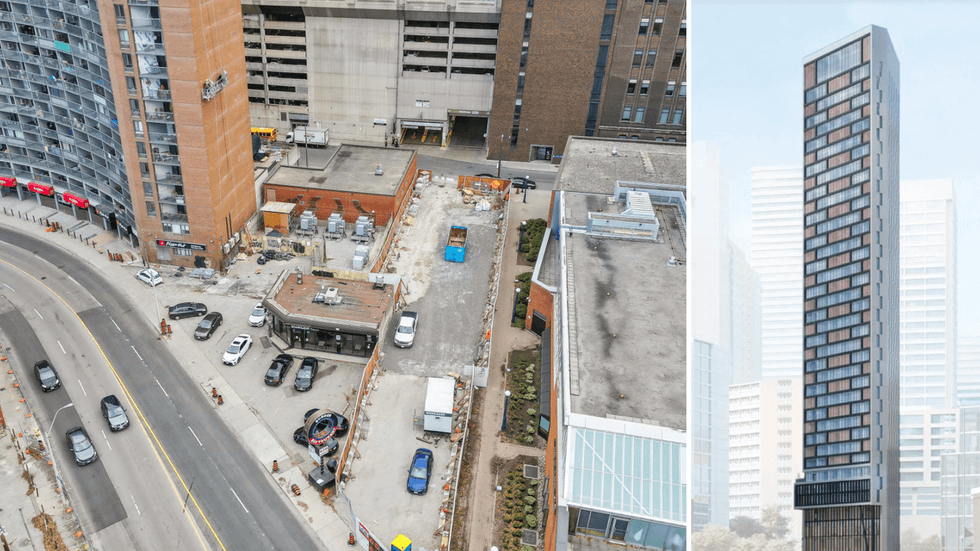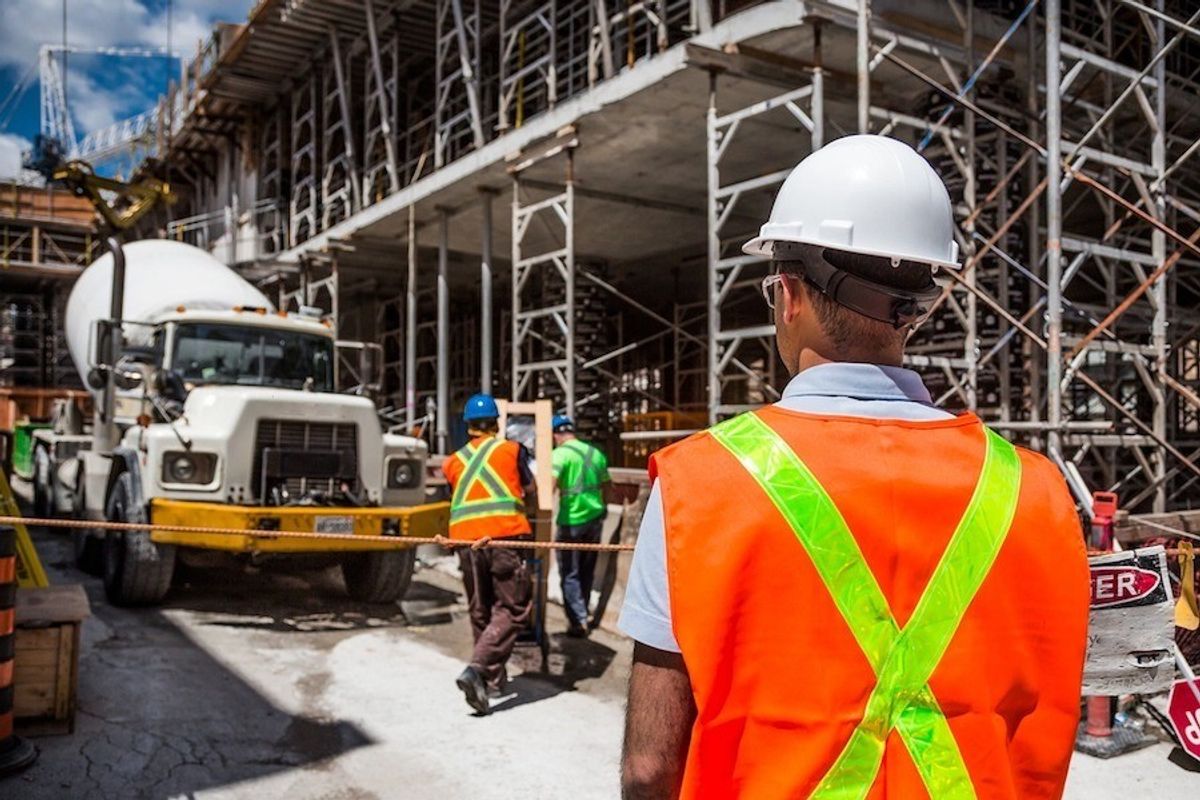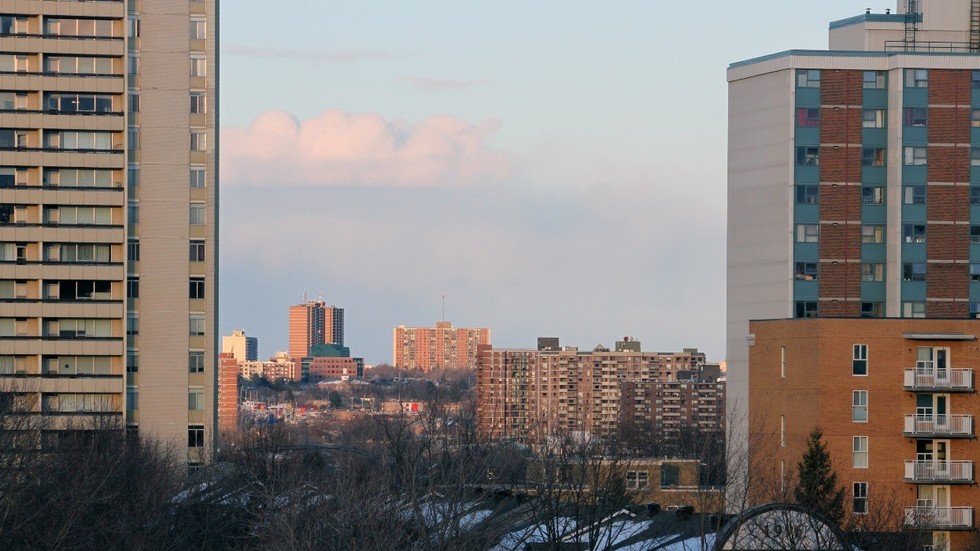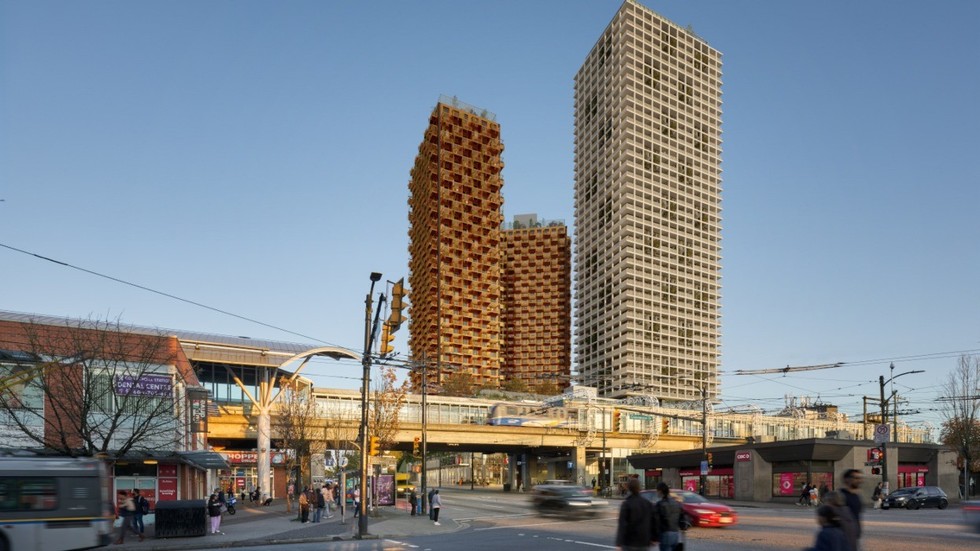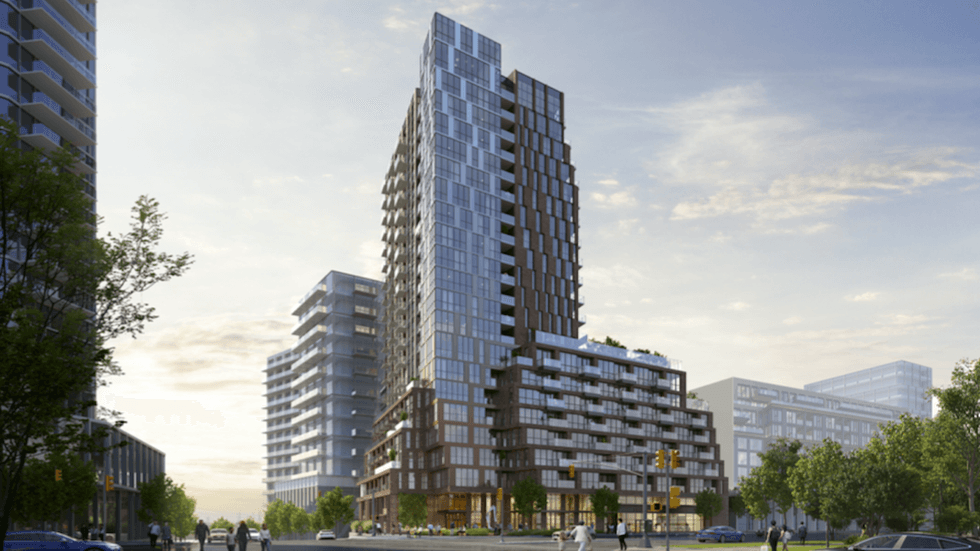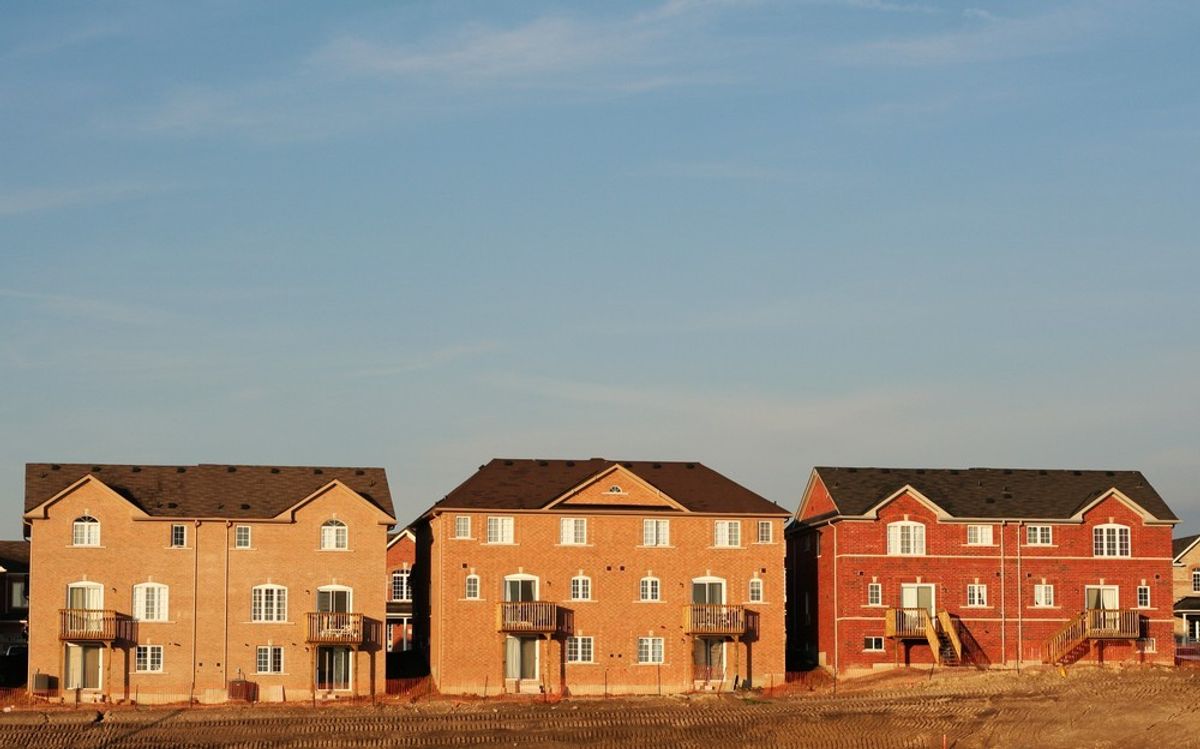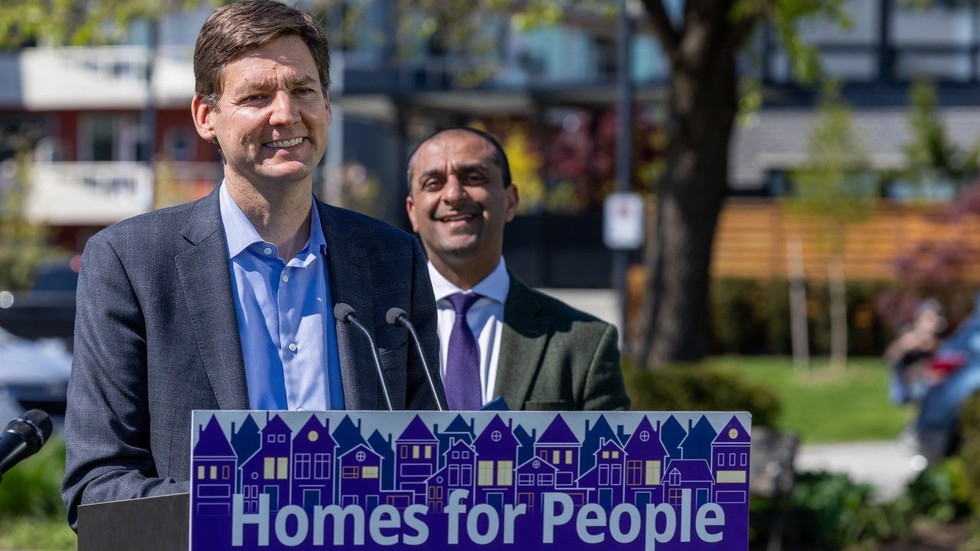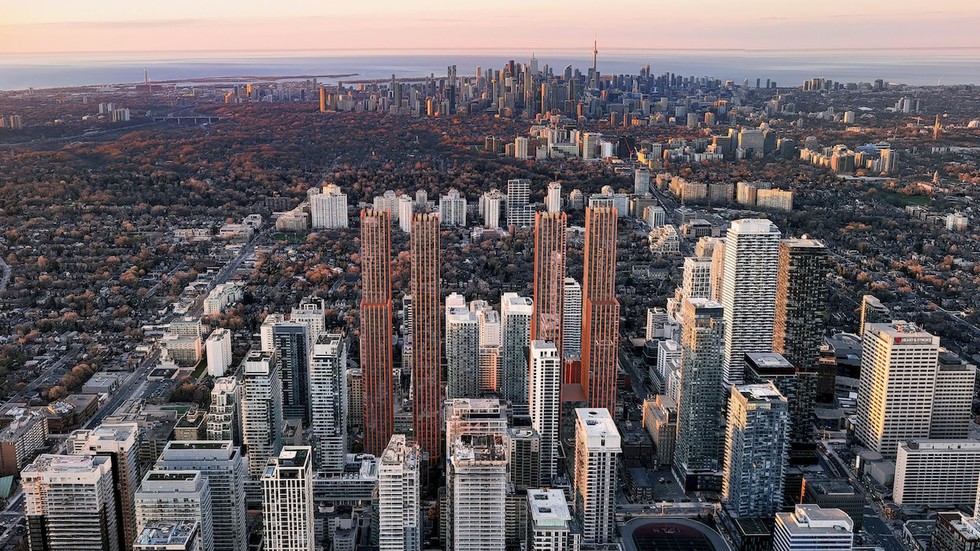It makes sense that so many newcomers want to settle in this city, despite the fact that so many Torontonians actually harbor many misconceptions about them. This year 77,000 new immigrants came to Toronto – that’s almost as much as the four fastest growing U.S. cities combined. And it’s definitely affected the housing market. Given the intense housing costs, a new report from the Toronto Foundation found that many people are struggling to survive in a city with such rapid economic growth.
“Between 2011 and 2016, the city’s GDP grew by 3.2 per cent annually, almost twice the national pace (1.8 per cent),” reads the report.
READ: A Toronto Condo Costs More Than The Average Canadian Home
“The unemployment rate has hit a low not seen since 1990, declining from 10.4 per cent in September 2014 to 6.1 per cent by June 2019. Toronto is on a roll.” And race and age are critical elements to look at when examining the wealth disparity. That’s because while the unemployment rate may be low, the report discovered that the inflation-adjusted incomes for newcomers, young people, and visible minorities haven’t increased since 1980. Just a reminder – that’s 39 years ago!!!
Meanwhile, older, White, and Canadian-born residents have enjoyed a 60 per cent bump. Despite a steady reduction in the overall poverty rate, it remains high relative to other cities, and wage gaps are a persistent problem. It’s a wage gap that has kept specific groups poor – and unable to find decent housing. How can low-income earners afford rent when home prices have grown four times faster than incomes – and rents have increased twice as fast?
READ: Developer Provides GTA Residents With Ten Affordable Homes
“Toronto has the most income inequality in the country, leading to bigger wealth disparities: net worth increased by $2,100 for the bottom 20 per cent between 1999 and 2016 versus more than $600,000 for the top 20,” reads the report.
“Toronto is the most expensive major city in the country in which to live, and critical costs that are disproportionately born by those in low income, including newcomers, youth, and racialized populations, are growing much faster than overall inflation, such as rent, transit, child care, and tuition.”
READ: Paying Off Debt Is A Top Priority For Millennials In Canada
The report also showed that the wait list for social housing has risen by 68 per cent over the past 12 years, while no new units have been built in decades. Ultimately – that’s a recipe for housing disaster. It also found the wait list for social housing is up 68 per cent over the last 12 years, and no new units have been built in decades.
The shelter system is near 100 per cent, and homelessness has gone up 69 per cent in five years.
With these kinds of economic strains – it makes sense so many people have moved out of the city.

